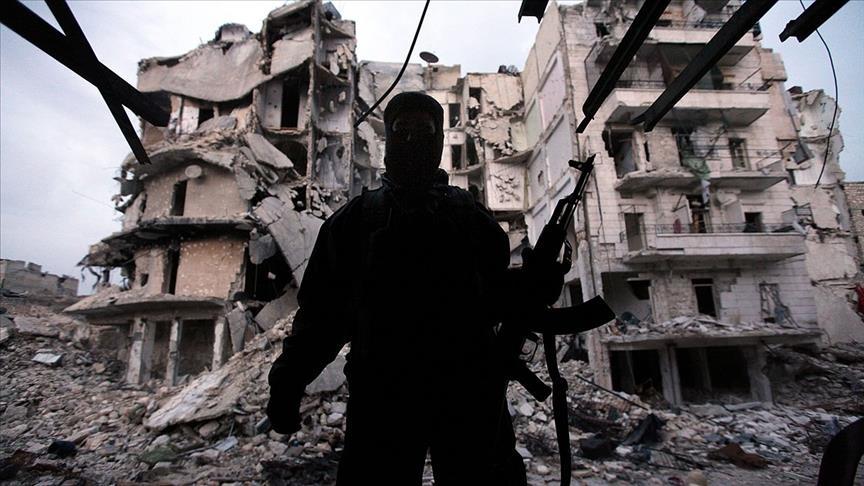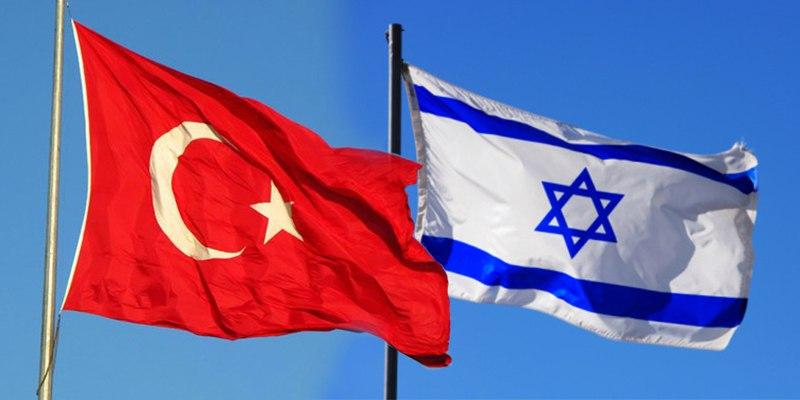Turkey and Israel in anticipation: Assad regime may disappear without Russia Maxim Petrov's analyse
We don't know if Russia is withdrawing from Syria. There have recently been several publications that allegedly Russian units stationed in Syria are gathering at the Khmeimim, Kamyshly, Deir-e-Zor, and T4 air bases, preparing to fly to the war in Ukraine, but there is no unequivocal confirmation yet. Therefore, it makes sense to discuss this event only at the level of one of the possible future scenarios.
While the Russians were in Syria, Turkey and Israel took them into account and tried not to engage them in armed clashes: Russia is a nuclear power after all. This, along with the bombing of anti-Assad fighters, saved the regime of Bashar Assad. But if Russia leaves, it is not quite clear what force can keep the two militarily strongest powers in the Middle East, Israel, and Turkey, from splitting Syria.
First, the very fact that these forces are being withdrawn (if they are indeed being withdrawn) would demonstrate the gravity of the situation in Ukraine. After all, the number of the group in Syria is small, and the price for its withdrawal may, on the contrary, be very high. By the way, Moscow has never officially disclosed the number of its troops in Syria, but experts interviewed by RBK estimated the total number of the entire Russian contingent in Syria at 2,000, although this was in 2015.
Second, the positions held by the Russians will be taken by other forces supporting Assad, i.e. Iranians and their allies - numerous pro-Iranian militias assembled by Tehran from all over the Middle East (from Lebanese Hezbollah to Afghan Shiites from the Fatimiyoun brigade). This is unacceptable to Israel, Iran's enemy number one. Especially when it comes to Syria's border areas with Israel. Israel is already systematically bombing pro-Iranian forces in Syria as part of "the war between wars" campaign. It seeks to eliminate the growing Iranian presence in that country, to destroy the "Shiite crescent", the Iranian sphere of influence, the chain of regimes dependent on Tehran in Iraq, Syria, and Lebanon, by knocking out the Syrian link and preventing the supply (via Syria) of precision Iranian missile weapons to the pro-Iranian Lebanese militia Hezbollah. Israel also fears the deployment of Hezbollah forces on its borders with Syria.

If everything goes according to the scenario involving the withdrawal of Russian troops and the occupation of their positions by the Iranians, an escalation between the Iranians and the Israelis on the territory of Syria is almost inevitable. Russian Orientalist Kirill Semyonov writes: "If the pro-Iranian formations manage to establish their zone of control in southwestern Syria, similar to the one that appeared in the Al-Bukamal area, continued Israeli strikes on Syrian territory could lead to retaliatory strikes against Israeli territory from this zone, including heavy MLRS and tactical missiles, which are in service with pro-Iranian formations. This will lead to the unfolding of escalation."
Third, what is happening in Syria can be viewed as a struggle for spheres of influence in that country between Turkey and Iran. The latter acts as an ally of Bashar Assad, while Turkey acts as an ally of anti-Assad forces. Russia is siding with al-Assad, strengthening Iran's position. Therefore, Russia's decline in Syria weakens the Iranian-Assadian Shiite bloc as well. In addition, Turkey, along with the remnants of the Syrian opposition and anti-Assad Sunni militias controls Idlib and some other areas in northern Syria, where a total of 4 million Syrians are, including 2 million refugees from the Assad regime. Another 4-5 million Syrian refugees live in Turkey and the issue of their return home (what the majority of Turkish citizens insist on, according to opinion polls) is very sensitive for President Erdogan in connection with the upcoming elections in Turkey in 2023. In February and March 2020, Turkish troops engaged in armed clashes with Assad's supporters in Idlib and defeated them.
And, of course, Ankara would be happy to change the pro-Iranian leader Assad to a regime more friendly to Turkey.. This would lead to a sharp increase in Turkish regional military and political power, which, in turn, could be profitably "sold" on the domestic market to voters, ensuring Erdogan's victory in the 2023 elections.

All these factors motivate Turkey and Israel to completely resolve the issue with the pro-Iranian Assad regime, eliminating both its and Iranian influence in Syria. If there are no Russian troops in Syria, which they did not want to mess with, the situation will change without Russia (or in the case of a radical weakening of its presence). Turkey may try to bring its supporters to power in Syria by ousting the pro-Iranian Alawite clan of Assad, while for Israel it is important to destroy any Iranian presence in the country. Given the Israel-Turkey rapprochement in recent months and their common interest in what is happening, their joint special operation to eliminate Assad and get his Iranian friends out of Syria would then become quite likely.
Simply put, if Russia withdraws from Syria, it is not clear what forces can keep Israel and Turkey from splitting the country. It would simply become part of the Turkish sphere of influence, and Israel would gain relative security on its northern border.








